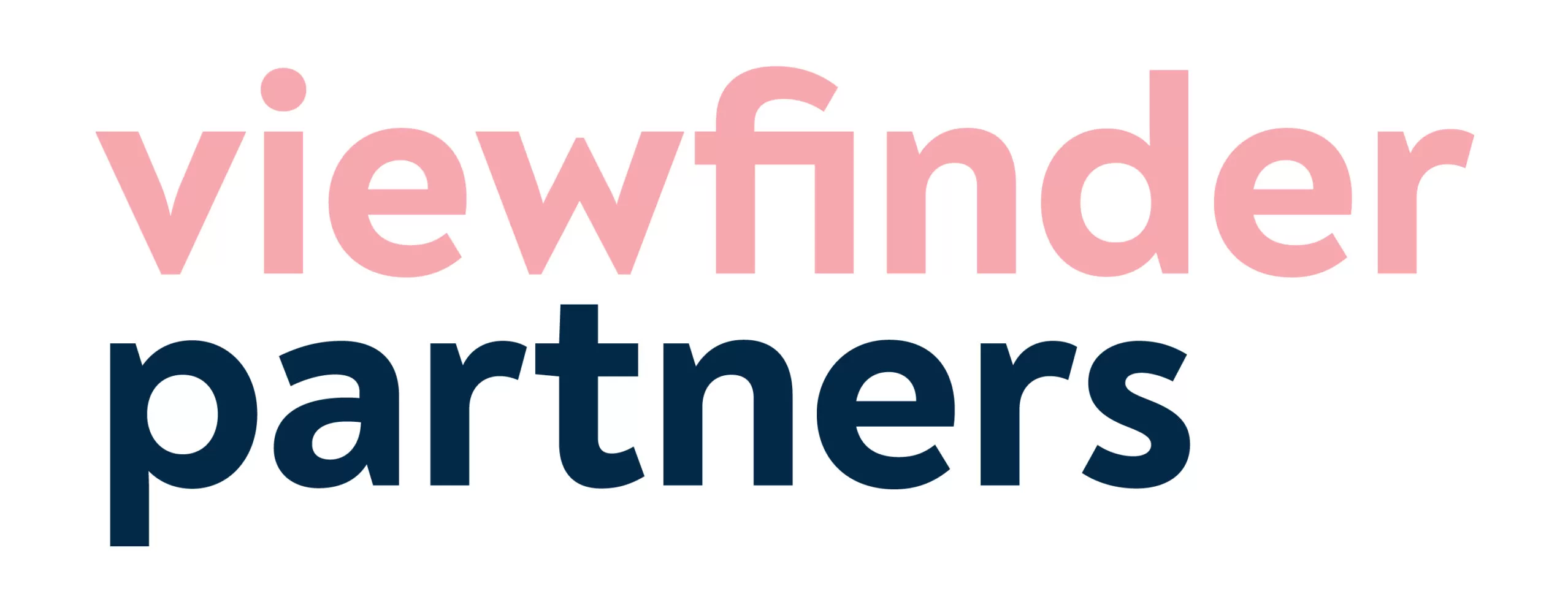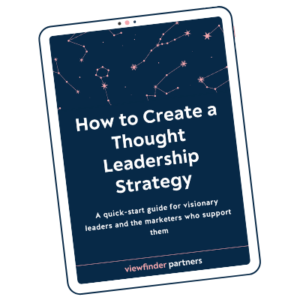On Tuesday mornings, I drive over a big bridge. Up up up over a wide river, I can look to either side and see miles of deep blue stretching north and south. Blinding, sparkling reflection bounces up at me. Sails and waves below, thin streaks of clouds way above, and people walking up the narrow railed-off sidewalk next to me.
And every Tuesday, I hear the same words in my head: Why not now?
I’m headed to my weekly volunteer shift at a local soup kitchen. From 11 to 1 every Tuesday, I’m on computer duty, greeting every person who walks in the door looking for lunch. I sign them in by name, and at this point, I know a lot of their names. When they come in the door, I’m excited if I can key them into the computer before they even make it to my desk. Sometimes a note on the screen pops up: They have a piece of mail to collect, or a message from a family member, and I get to share that news. Sometimes we chat. One guy always tells me he likes my white Chucks. Sometimes we don’t say anything. But I always look them in the eye, address them by name and thank them for being there.
I grew up in a culture of volunteering. I remember riding in the back of my mom’s minivan surrounded by steaming silver trays of food and knocking on doors to serve Meals on Wheels. She showed up, and showed me the value of showing up for friends and strangers alike.
What does this have to do with my work? Actually, everything. Because it has to do with a good idea I collected.
My LinkedIn profile says “thought leadership consultant,” but I’ll let you in on a secret: That’s just a fancy way of saying “idea collector.” I love gathering ideas. I’m interested in people and their experiences and most of all, their ideas. And through my work gathering ideas, I’ve learned that everyone has a story, and they probably have a big, juicy idea, too. It’s just that some of us have the time and resources and the gift of reflection to dig up, polish, and spread those ideas.
For the past 10 years, I’ve worked in roles where I collect ideas by interviewing people. I’ve interviewed my clients’ customers for case studies. I’ve interviewed executives all over the world to prepare for podcasts and events. I’ve interviewed teams who do interesting work to create a full picture of the people behind their job titles. And I’m always listening for the one golden idea that is guaranteed to surface.
My primary job is identifying those golden ideas and turning them into content so that other people can learn and come along. But as a side benefit, my brain is filled with so. many. ideas and stories and little nuggets that I carry with me from those years of good conversations.
And actually, when I hear about writers who are handed interview material, I balk. “You don’t get to do the interview? But that’s the best part — it’s all that really matters.”
So here’s where the soup kitchen comes in. Earlier this year, I was working on an episode of Joy@Work, a podcast from my client, Kearney. And one of the guests we featured was Ashley Whillans, a professor at Harvard Business School. Ashley studies time and money and how working professionals value and balance them. Universally fascinating, right?
Over the course of working with Ashley, I probably talked to her or listened back to recordings of her talking for at least 3 hours. But the one juicy idea I took away was this:
Don’t wait to spend time on what’s important to you. If you value something, center it in your life now. Don’t defer joy. Don’t defer living your values.
This idea is based on her research. She found that most people talked about the things they’d love to do or learn or people they’d love to spend time with, but in their minds, all of that good stuff happened later. Sometime in the future. When they retire. When things settle down at work. When they have a little more time.
Her argument: Why not make that time now?
Why not now?
When Ashley said that, a lightbulb went off for me. I had made time for volunteering commitments sporadically throughout my adult life, but never in a consistent, long-term way. And after the worst of the pandemic was fading, I felt a pull to focus on helping people beyond my immediate family. So I found this soup kitchen 10 minutes from my house, and now I know the names of 100 people in my community who need a meal.
How radical does that feel? How amazing? And it’s such a tiny drop. It’s nothing. It’s such a tiny sliver of my time and energy and love. It’s a tiny sliver of what my neighbors need.
It’s funny that my takeaway from a podcast about work was to “work less right now,” but that lesson has been powerful for my own work life. Every Tuesday, I feel a little stretched. Do I really have time to drive over the bridge? No. I don’t. There’s always a deadline I could be making progress on, or an email I need to send, or a long to-do list staring me down. But adding this discipline to my work week has made me feel calmer, more centered, and definitely more aware of how incredibly good I have it.
I love working in thought leadership because I get the privilege of being an idea hunter, gatherer, and collector. What a cool job, right? I could probably write a book full of stories like this one, of the one little idea or phrase that stuck in my head after a conversation. And maybe I will someday. But for now, I’m grateful for every little idea I add to my collection.
What’s an idea you’ve collected lately?
This week, I talked to fellow B2B writers about what I’ve learned as a professional idea collector. I was joined by 3 other panelists who each shared a lot of good ideas about writing thought leadership. Watch the replay: Ghostwriting for Thought Leadership — B2B Writing Institute.
P.S. This is an abbreviated version of the full newsletter I send to subscribers every other Friday. Want more links, ideas, and the things that make me laugh? Sign up below.







